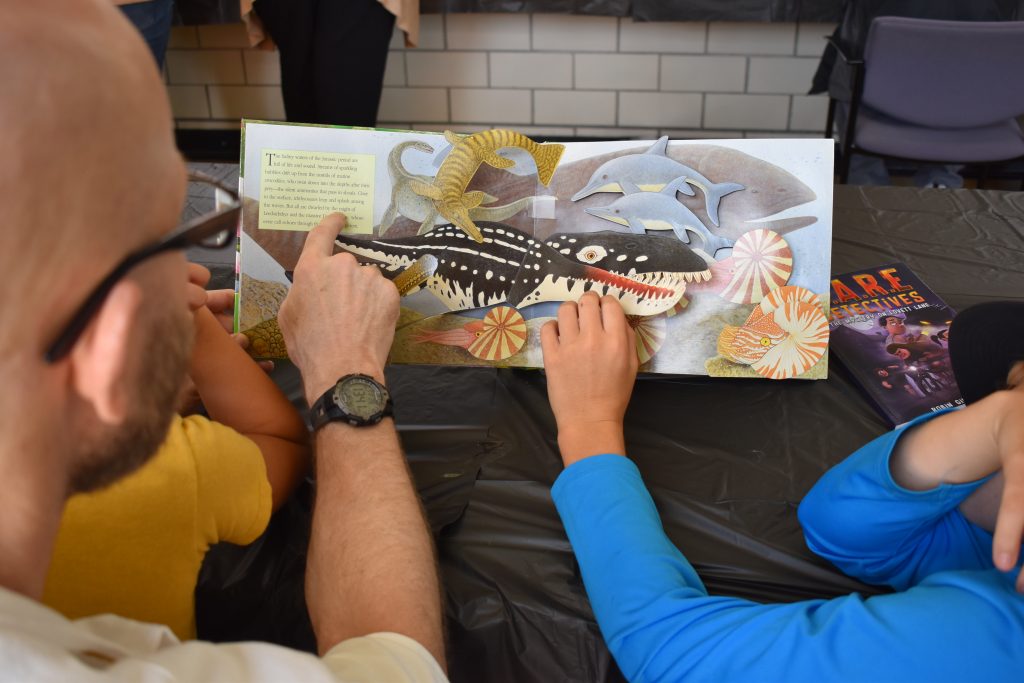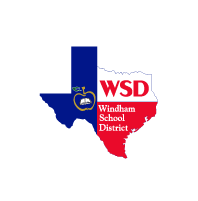Family Literacy Program
The purpose of the Family Literacy program is to help parents in incarceration become effective, supportive, active partners in the education of their children.
Family Literacy coordinators are responsible for overseeing the
Family Literacy Coordinators
Family Literacy coordinators play a vital role in preparing incarcerated parents to be effectively involved in their children education. Their responsibilities include various tasks aimed at creating a supportive learning environment through an introductory parenting course where program participants discuss topics that involve challenges with parenting. Family Literacy coordinators also have the responsibility of recruiting qualified residents and obtaining caregiver consent for interested residents and their children to ensure participation is voluntary and informed.
Once participants are enrolled, coordinators facilitate interactive reading activities between program participants and their children. Coordinators play a crucial role in facilitating parent-teacher conferences, serving as a liaison between families and independent school districts to ensure effective parental engagement.
In addition to these direct interactions, Family Literacy coordinators evaluate program effectiveness and recommend strategies to enhance program participant engagement in their children’s education. Moreover, family literacy coordinators have an important responsibility of keeping caregivers informed about the activities and events in which program participants are involved such as parenting class completions, trainings on effective co-parenting, and family literacy day events.

Strengthening Parent-Child Relationships Through Literature
The Family Literacy program seeks to increase interactions between parents and children to improve academic and behavioral outcomes for children and parents. Such success may be achieved through continuous involvement in children’s education by way of parent-teacher conference calls, interactive reading and tutoring activities.
Program participants will encourage learning and literacy while simultaneously developing stronger relationships with their children that will influence the children’s decision-making around their education.
Achieving Growth Through Phases
The Family Literacy program consists of three phases designed to develop parenting skills and provide opportunities to practice the learned skills through meaningful interactive activities.
Phase I – Foundations of Parenting
Phase II – Parenting in Practice
Phase III – Emphasis on Parental Engagement


